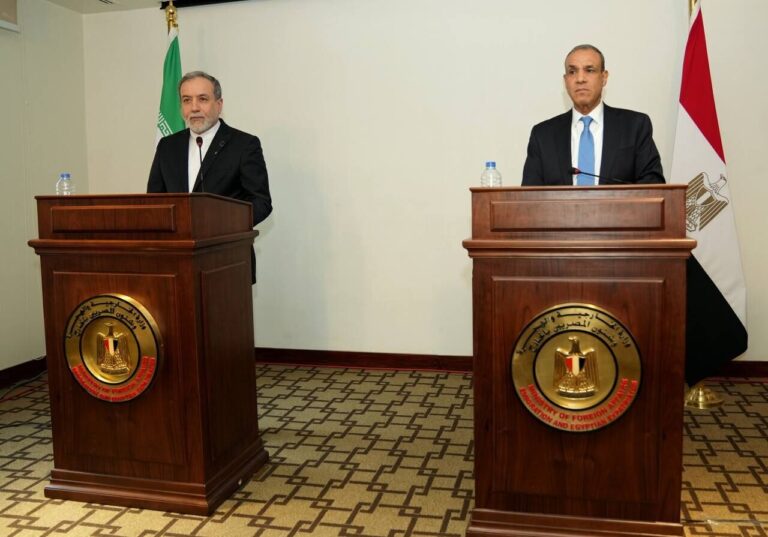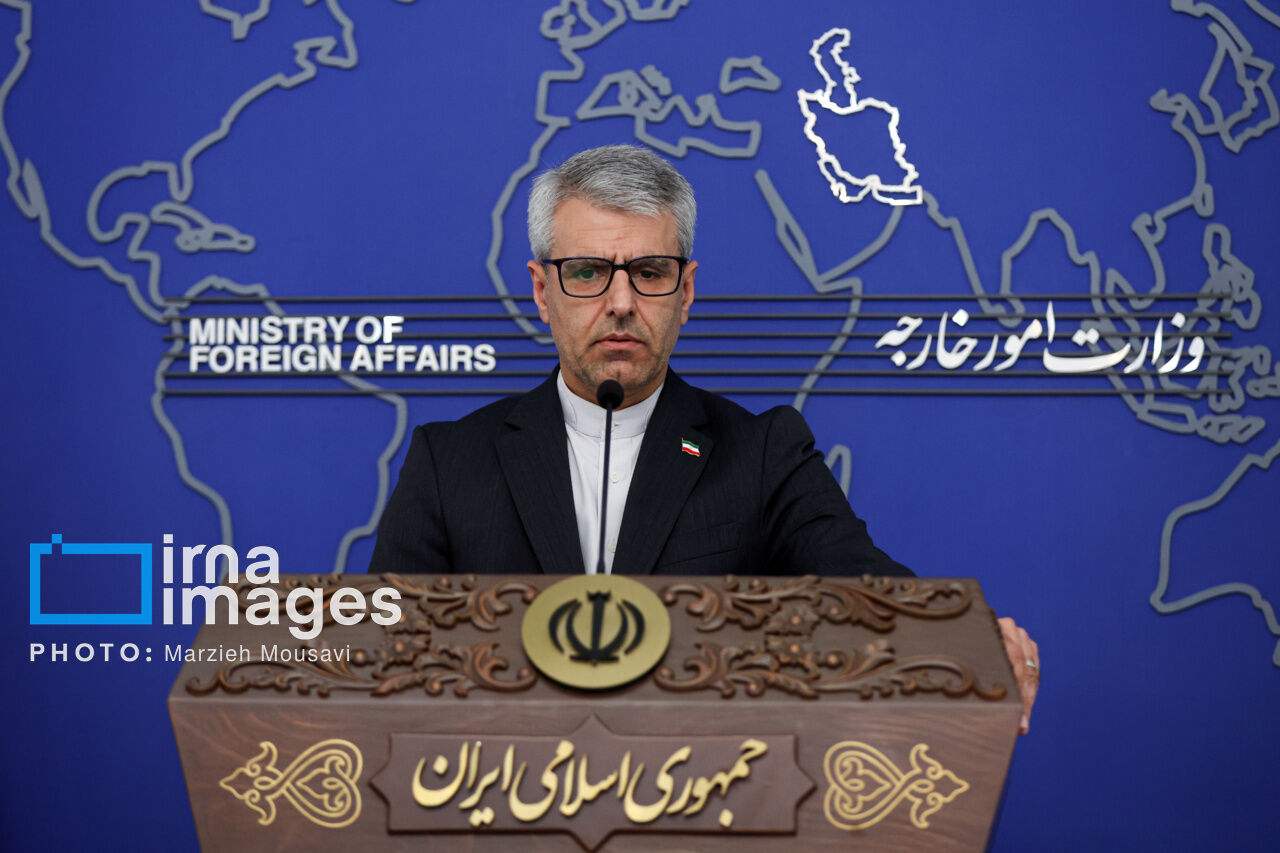
Similar Posts
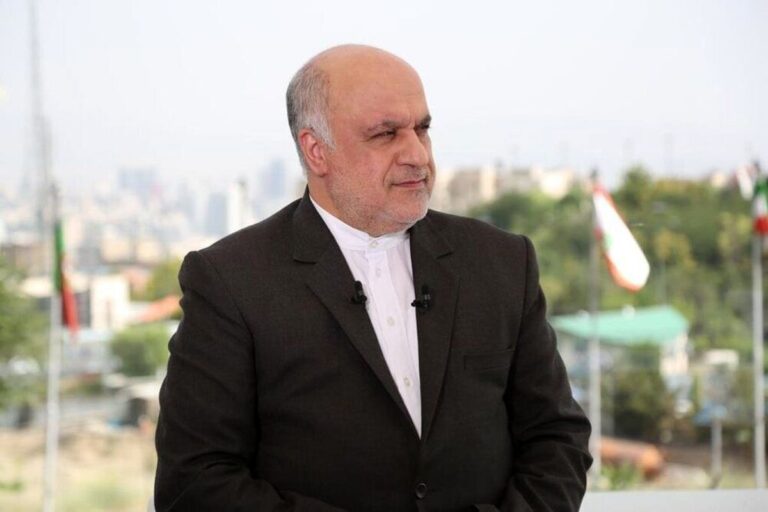
Iran’s Ambassador Affirms Tehran’s Commitment to Lebanon’s Sovereignty and Independence
Iran’s ambassador to Beirut, Mojtaba Amani, reaffirmed Iran’s commitment to Lebanon’s independence and security during a visit to the Lebanese Ministry of Foreign Affairs. The meeting aimed to clarify misunderstandings arising from a recent tweet by Amani, which he described as general and applicable to all nations. He emphasized the need to prevent divisions between Iran and Lebanon and to enhance cooperation against external threats. Amani’s earlier comments about disarming regional armies were linked to Israeli strategies, prompting discussions with Lebanese officials. This meeting highlights the importance of maintaining strong ties between the two nations amid regional challenges.
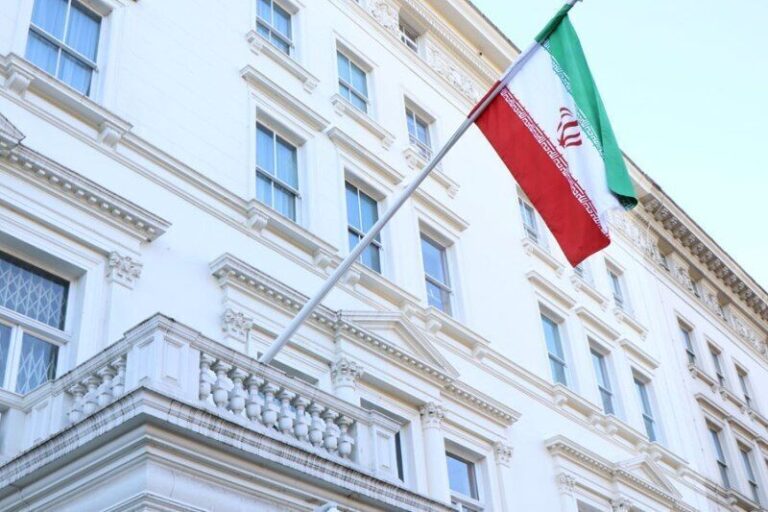
Iran’s UK Ambassador Sounds Alarm on Threat to Bilateral Relations: A Warning of Disruption
Iran’s ambassador to London, Ali Mousavi, expressed concerns about the recent arrests of Iranian nationals, suggesting they may be part of a false flag operation aimed at harming Iran-UK relations. During a meeting with British Minister of State for Security, Dan Jarvis, Mousavi called for the release of detained Iranian citizens linked to a terrorism investigation and urged transparency among UK lawmakers about the situation. The meeting highlighted the need for dialogue amid heightened tensions following the arrests, which included accusations of terrorism and collaboration with foreign intelligence. Both nations have summoned each other’s diplomats amid these strained relations.
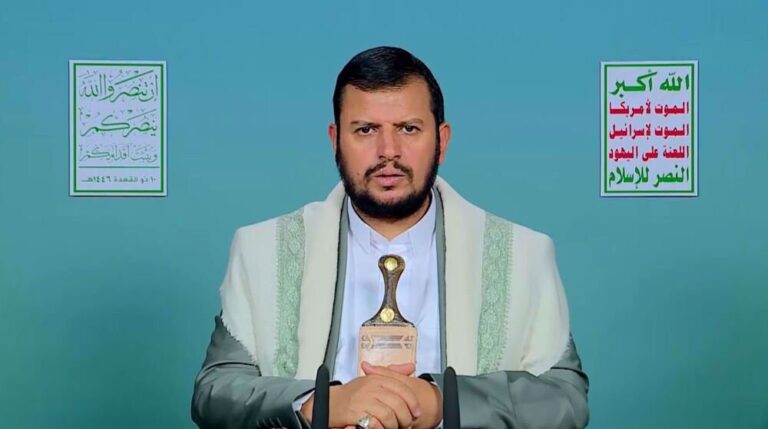
Religious and Secular Zionists Unite for the Vision of a Greater Israel
In a televised address, Abdul-Malik al-Houthi condemned the ongoing violence in Gaza, labeling it a “genocide” that has lasted 19 months. He urged the Islamic Ummah, particularly Arab nations, to act against the atrocities, emphasizing the live broadcasts of the violence as a moral imperative. Houthi criticized Arab leaders for prioritizing public image over the threat posed by Zionism, highlighting Israel’s disdain for normalization efforts. He praised the resilience of Palestinians and stressed the need for comprehensive support from the Islamic world. Yemen’s military actions, including recent missile strikes on Israel, were noted as a commitment to the Palestinian cause.
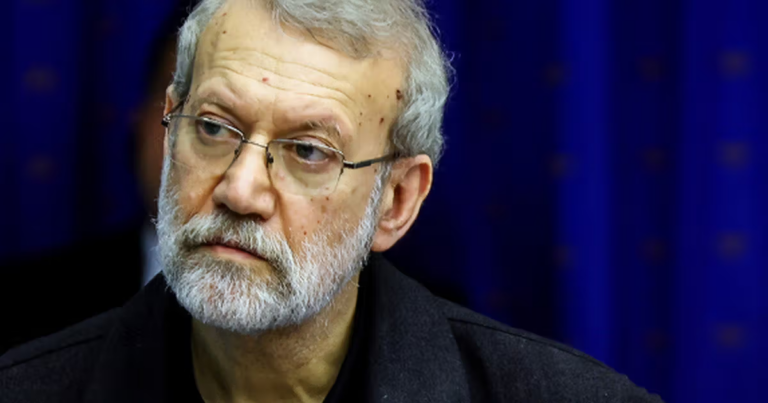
Iran’s Dilemma: Internal Conflict Over Nuclear Weapons Development
Recent comments by Ali Larijani, a senior adviser to Iran’s Supreme Leader, have sparked controversy regarding Iran’s nuclear ambitions. In a televised interview, Larijani suggested that Iran might reconsider its fatwa against nuclear weapons if faced with a significant threat, despite asserting that Iran is not currently pursuing nuclear arms. His remarks received support from hardliners on social media but drew criticism for potentially justifying preemptive military actions by adversaries like the U.S. and Israel. Iran’s Foreign Minister reiterated the country’s commitment to diplomacy and non-proliferation, while discussions continue about the implications of Larijani’s statements on international relations.
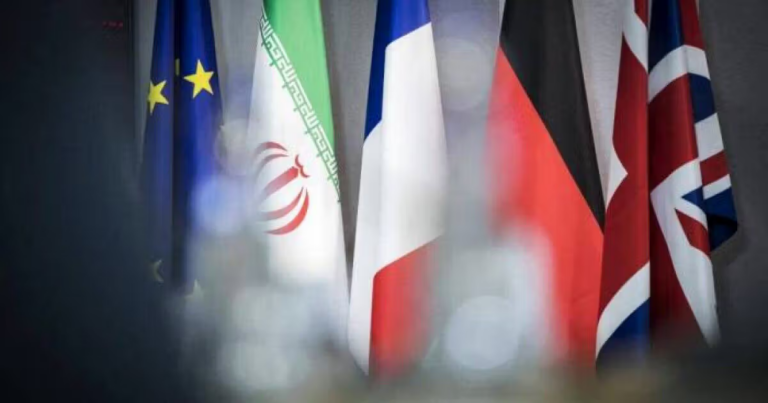
Tehran Divided: Experts Debate the Value of Engaging in Talks with European Nations
Iran’s recent diplomatic efforts to engage with European powers—specifically France, Germany, and Britain—have generated debate among Tehran’s political commentators about their effectiveness amid ongoing nuclear negotiations with the U.S. Senior diplomats met in Istanbul to discuss the 2015 nuclear deal, aiming to prevent the reinstatement of UN sanctions. Critics argue that talks with Europe are futile without U.S. involvement, while others stress the importance of maintaining these dialogues to mitigate pressure from a potential “trigger mechanism” that could reactivate sanctions. The renewed U.S. engagement has further complicated Europe’s role in the negotiations, highlighting the intricate dynamics of Iran’s international relations.
